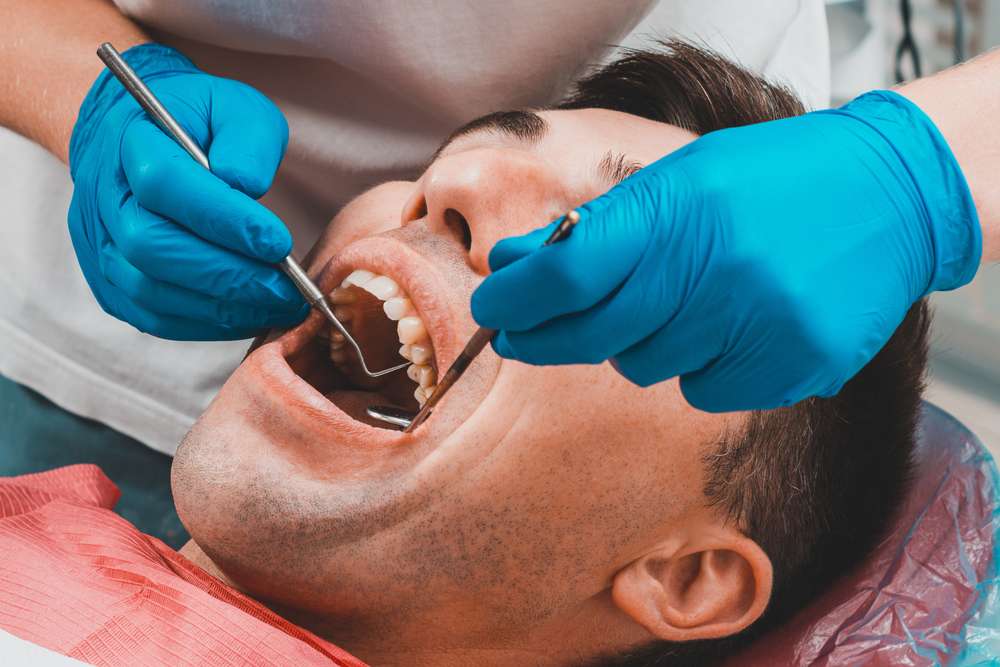
Promising Discovery: Natural Molecule DIM Reduces Plaque and Cavities by 90% and Shows Anti-Carcinogenic Properties
Scientists from Ben-Gurion University of the Negev, Sichuan University, and the National University of Singapore have discovered that a naturally occurring molecule called 3,3′-Diindolylmethane (DIM) or bisindole can reduce the biofilms that cause plaque and dental cavities by 90%. This molecule also has anti-carcinogenic properties. Dental cavities are primarily caused by bacteria like S. mutans, which grow in the sugary environment of the mouth and form a biofilm on teeth, leading to plaque and cavities. The scientists found that DIM disrupted this biofilm, preventing the growth of S. mutans. The study was conducted by Dr. Ariel Kushmaro and his colleagues, including Yifat Baruch, Dr. Karina Golberg, Prof. Robert S. Marks, Qun Sun, and Karina Yew-Hoong Gin. The research was supported by the International Research and Development Program of Sichuan and SMART innovation grant ING-000398 from Singapore. This discovery could lead to new dental treatments targeting biofilms and improving oral health.
To know more: About the original article click here.
